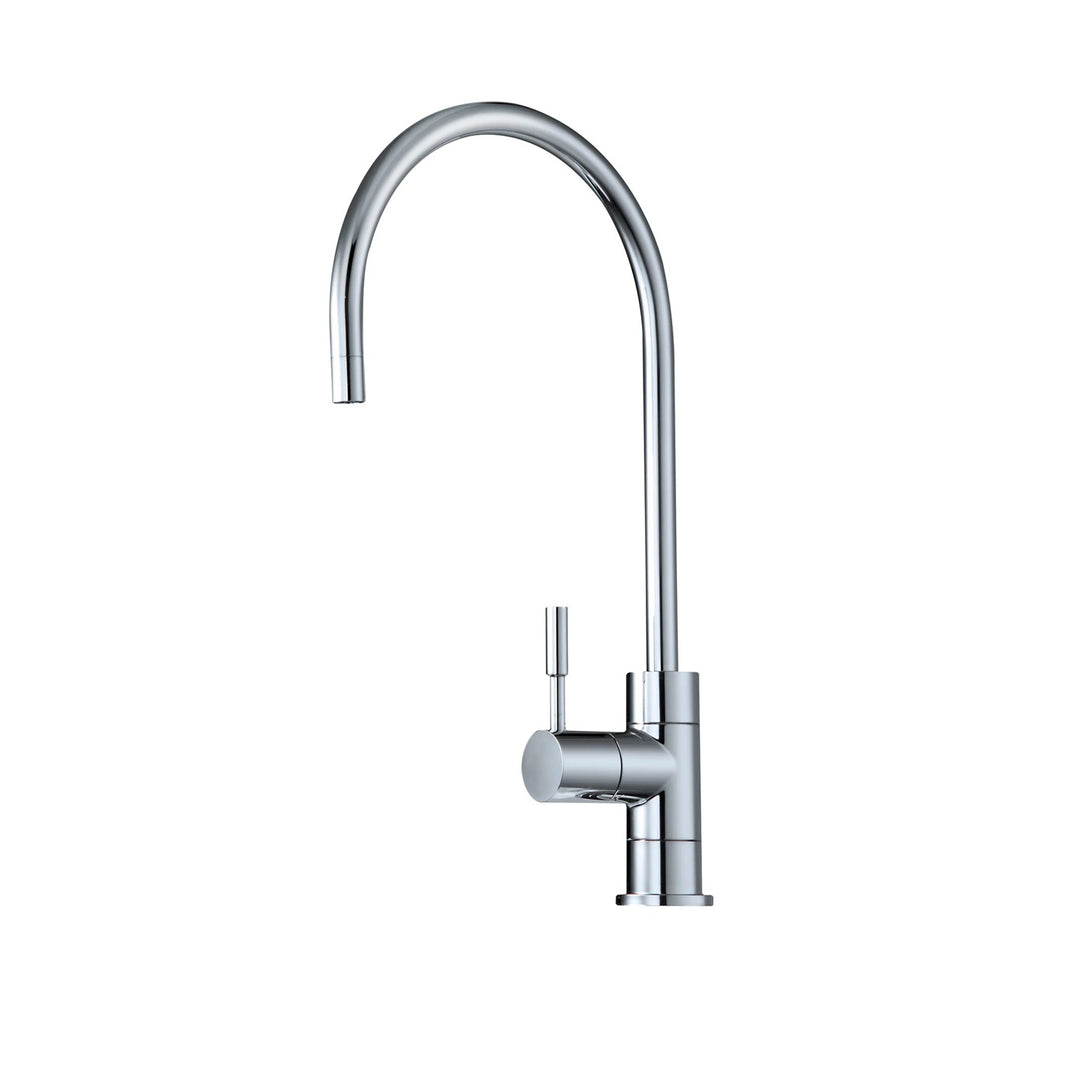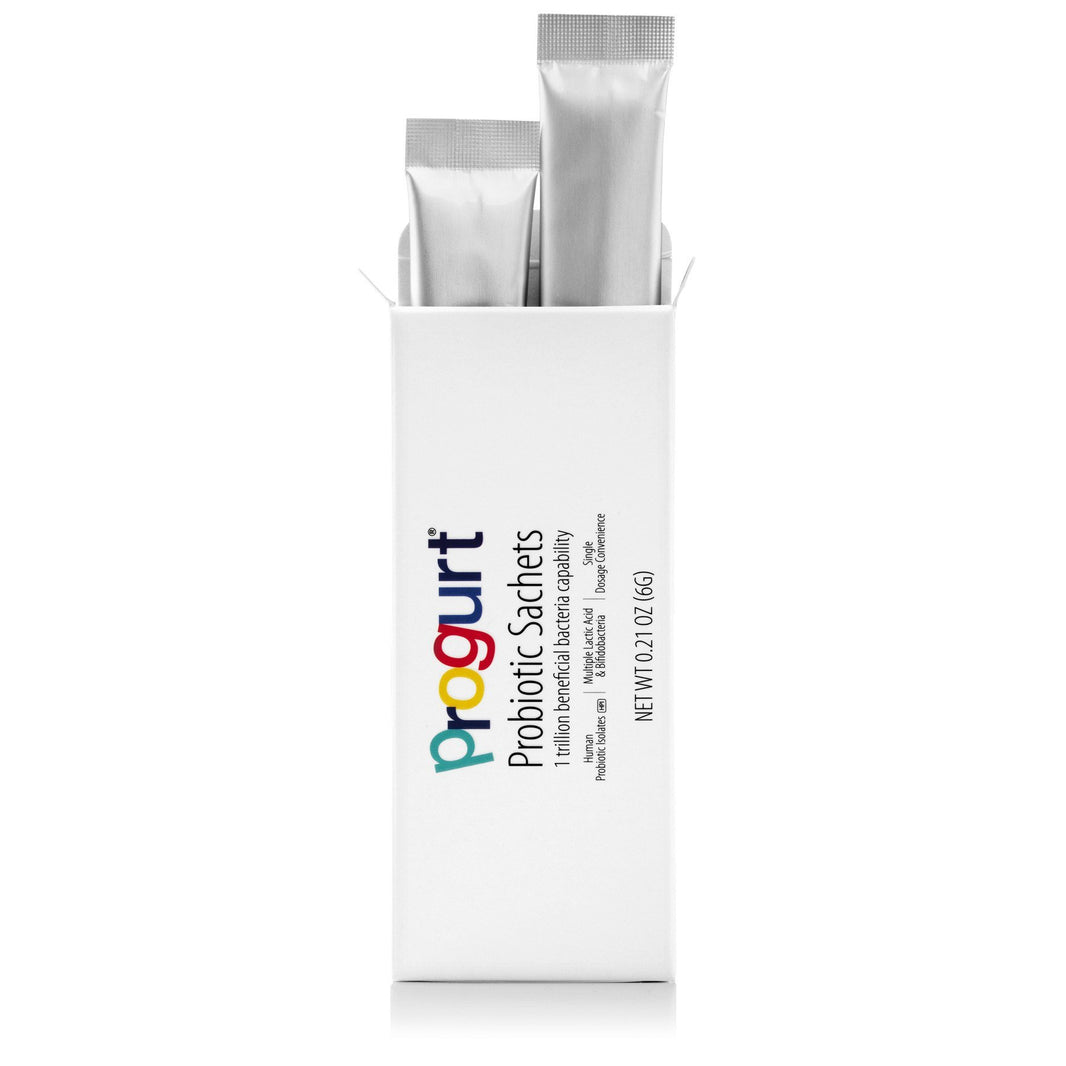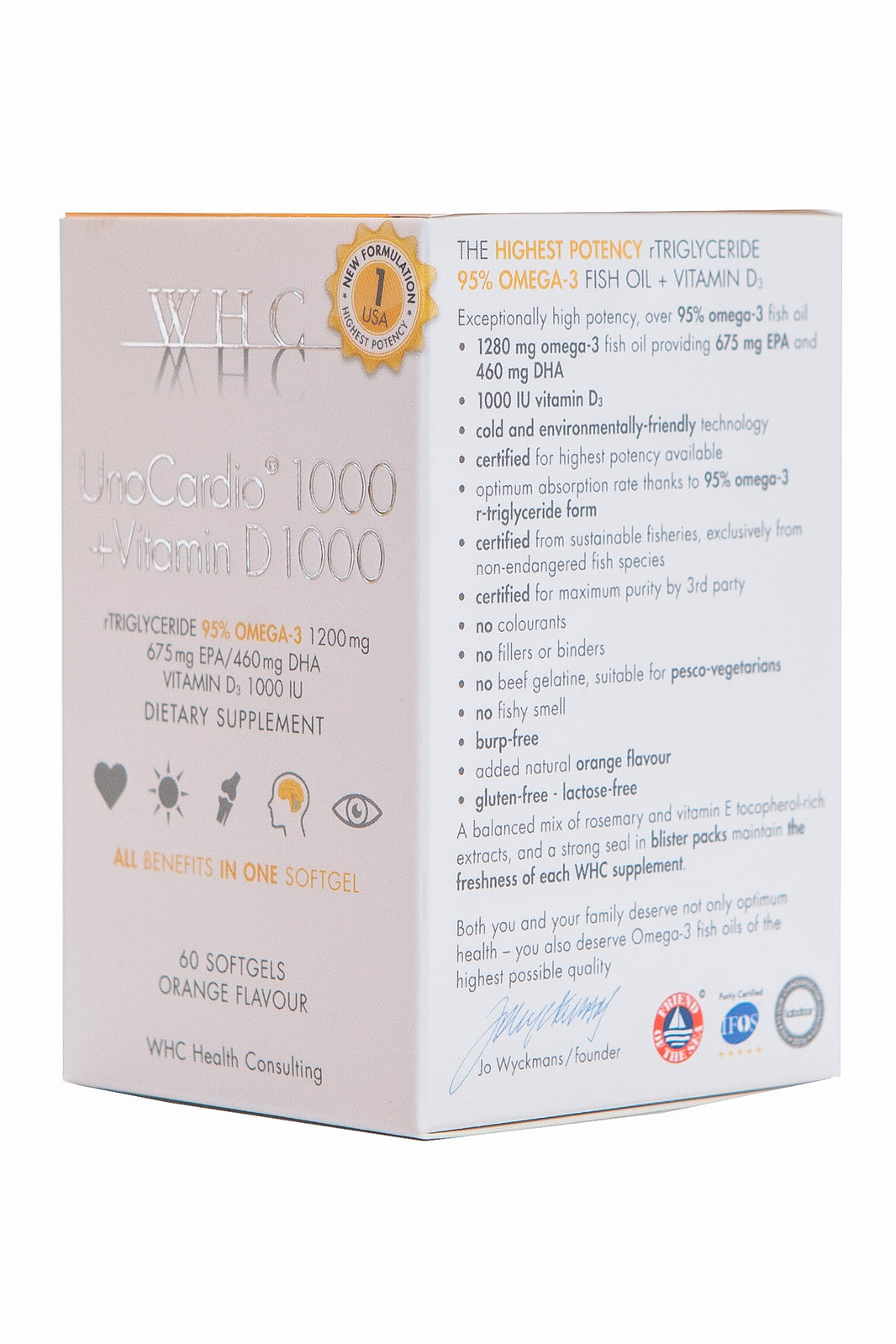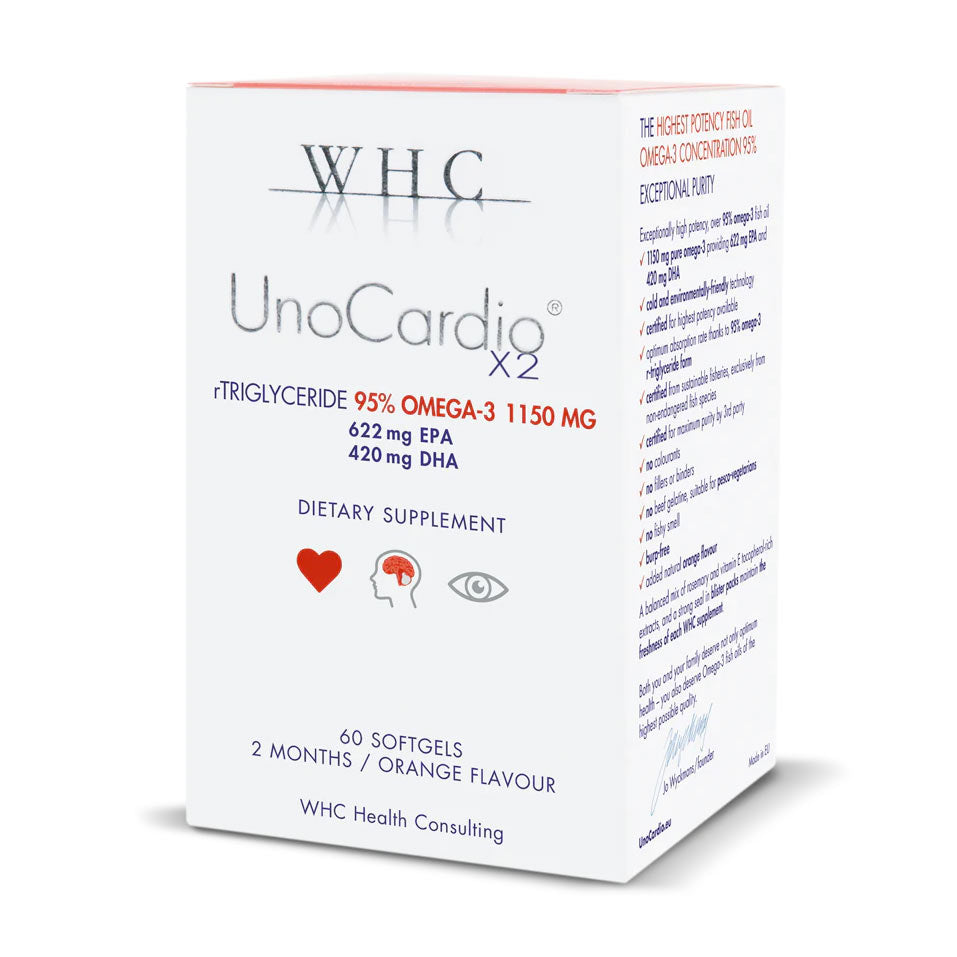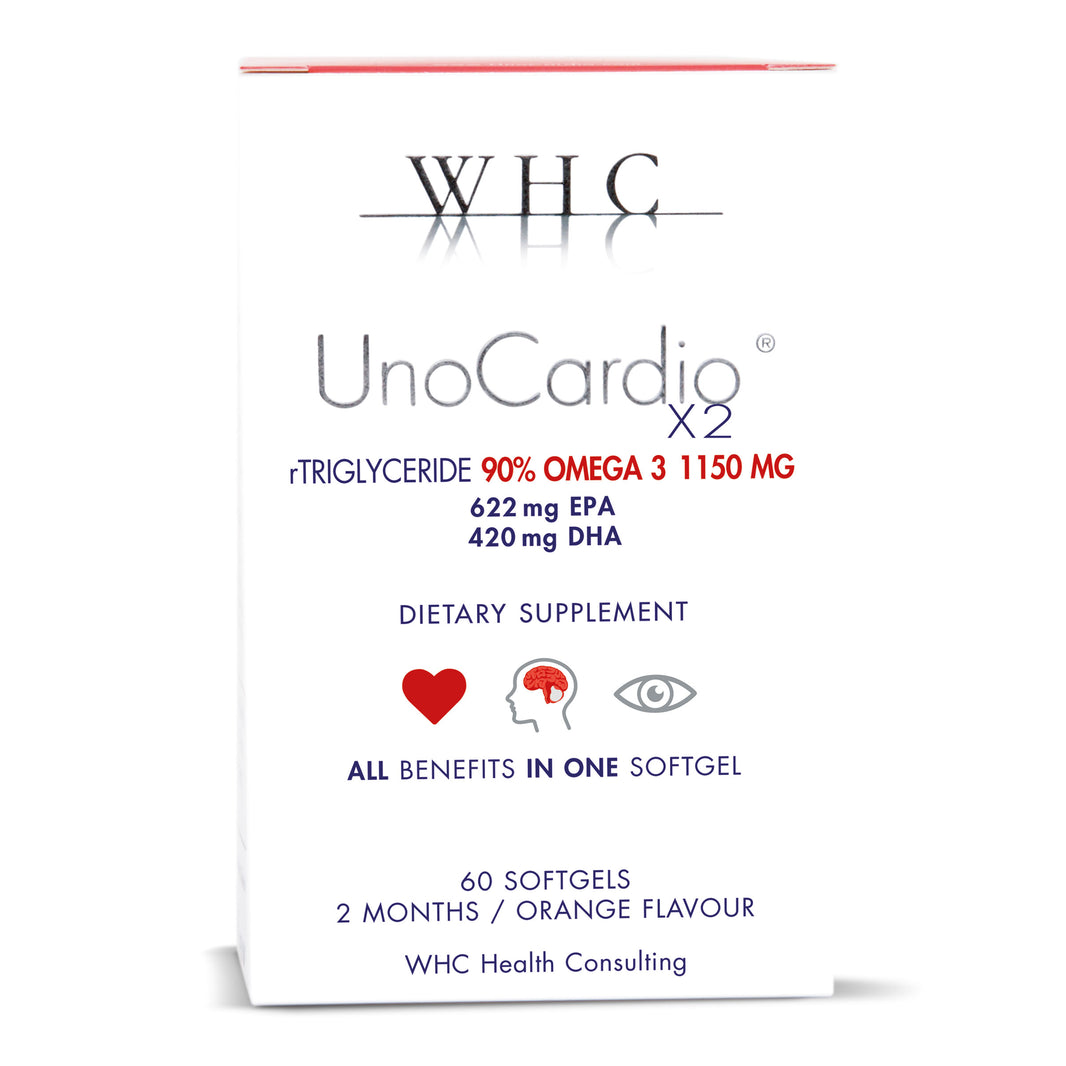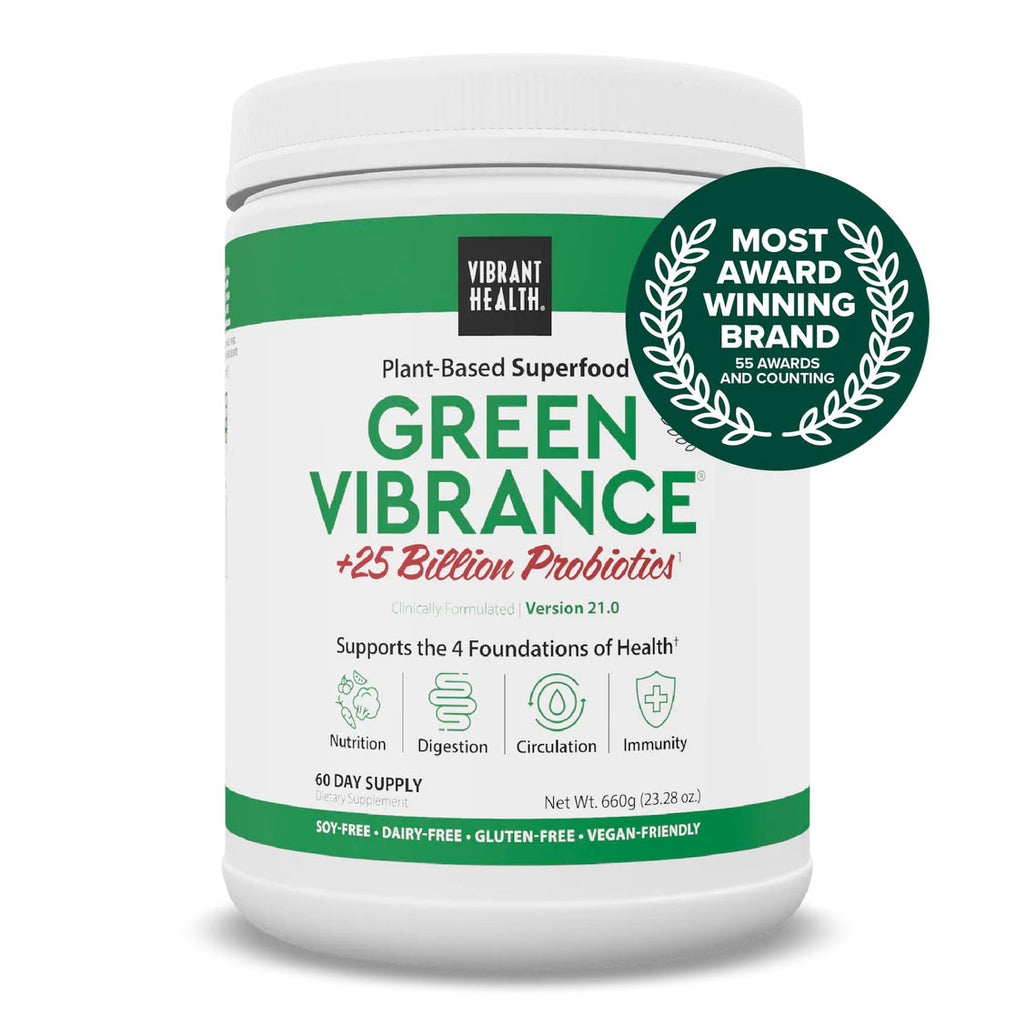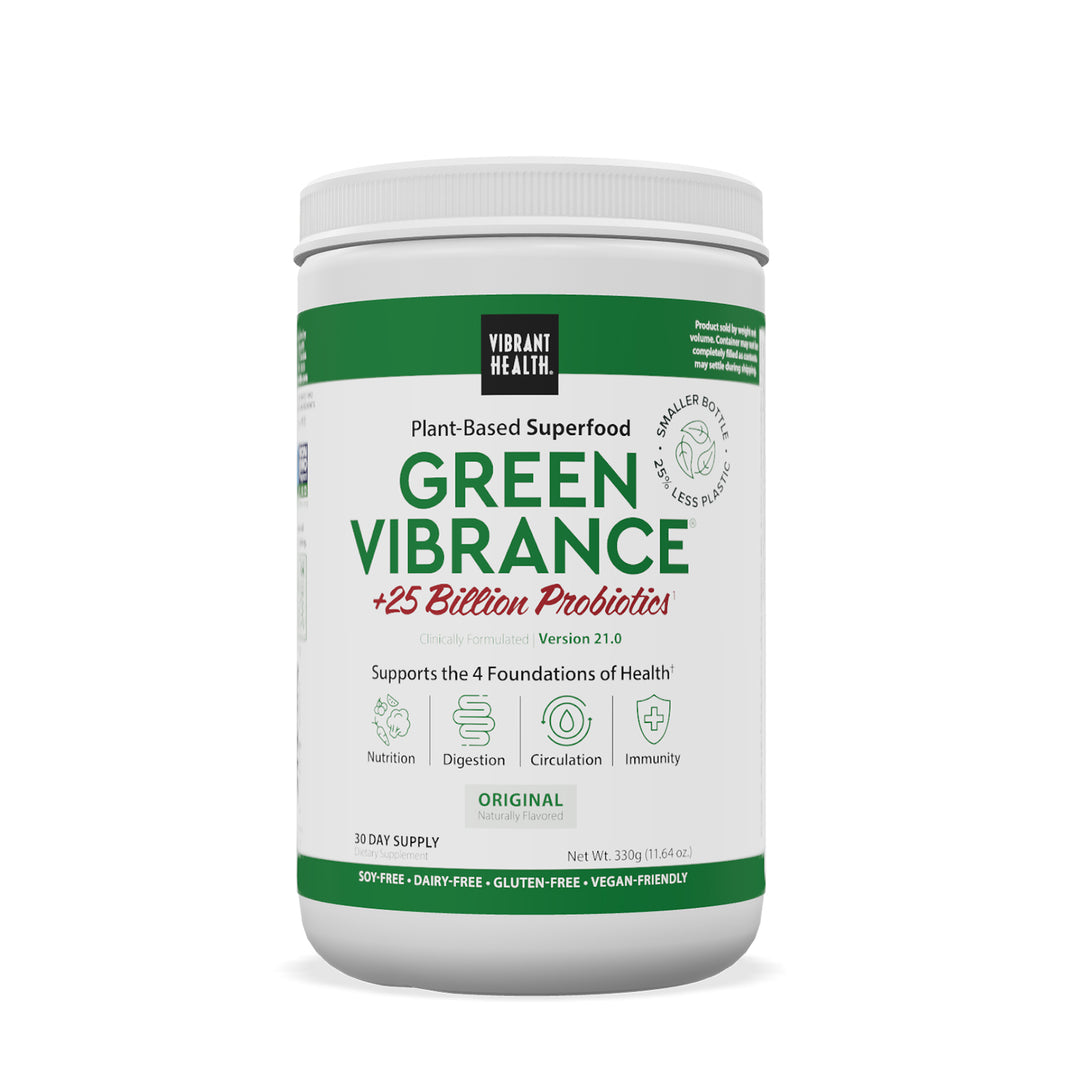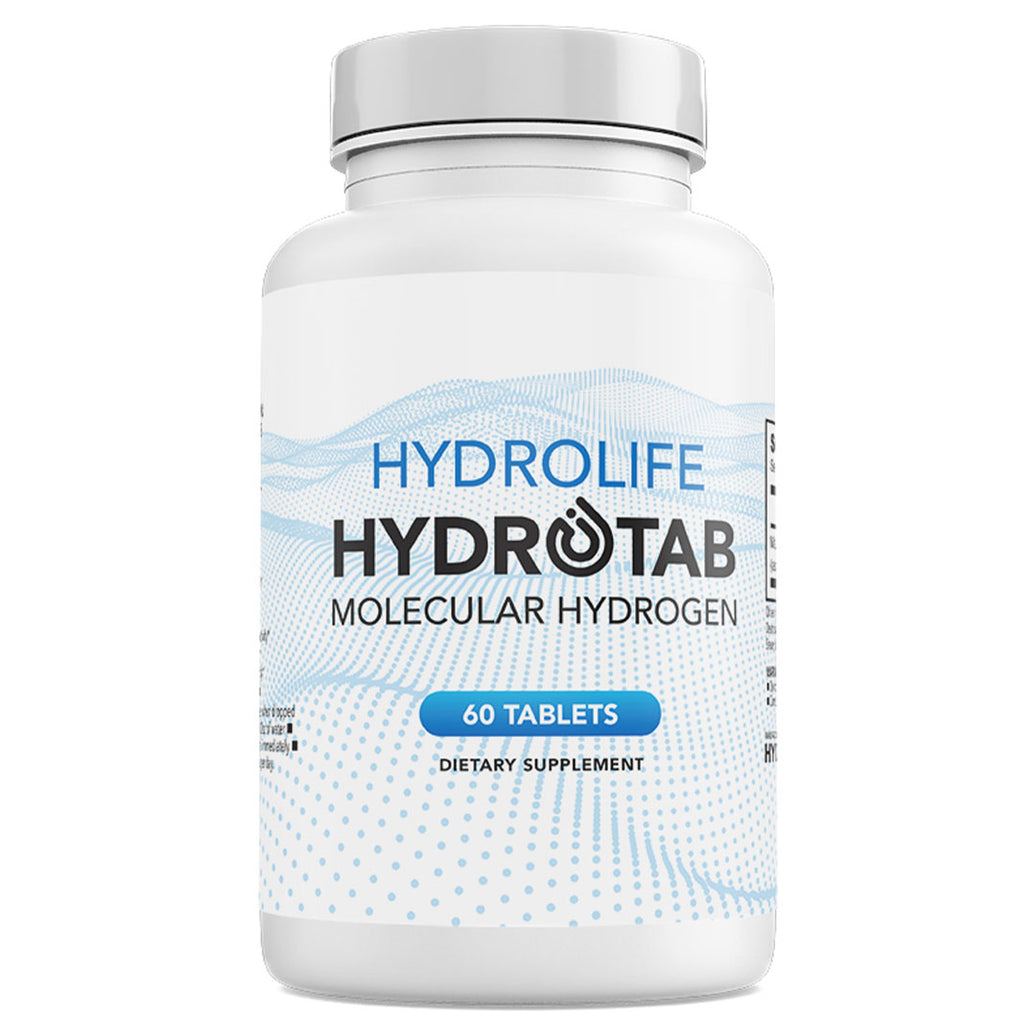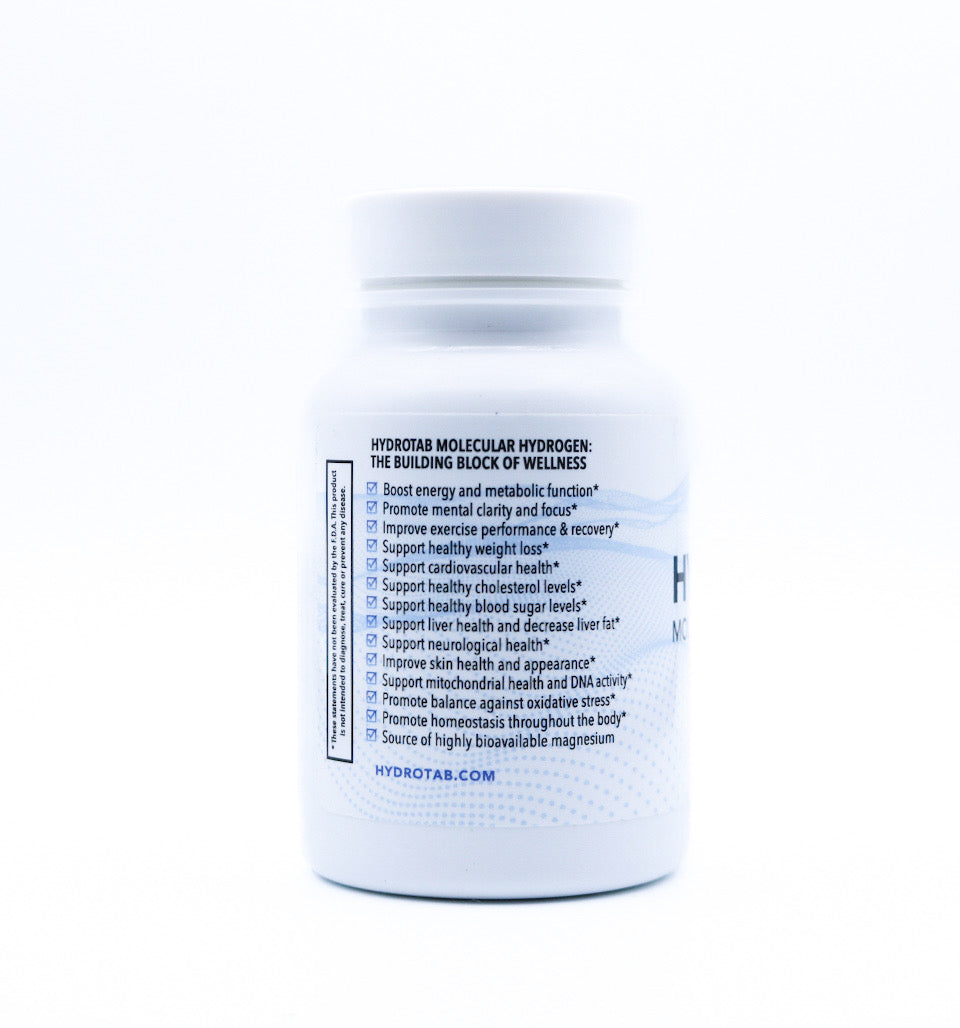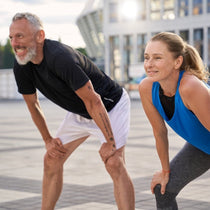In a world where youth and vitality are synonymous, another secret to longevity and graceful ageing is fast emerging from the depths of our very being—or rather, from our guts. Recent medical studies have shown a profound connection between the human microbiome and the ageing process, providing new perspectives on how we can age healthily and gracefully.
The Ancient Microbiome in the Modern Age
We've long known about the trillions of microscopic organisms that reside in the human digestive tract. Collectively referred to as the microbiome, these bacteria, fungi, viruses, and other microorganisms play a crucial role in our overall health. But precisely how do these organisms affect the ageing trajectory?
The Role of the Microbiome in Health and Disease
Recent research has unveiled a complex relationship between the gut microbiome and chronic diseases typically associated with age, such as cardiovascular diseases, diabetes, and neurodegenerative disorders (1). Imbalances in the microbiome, known as dysbiosis, can be both the cause and the consequence of such ailments, and they may even accelerate the ageing process itself (2).
Shaping Aging Through Nutrition and Lifestyle
The food we eat is not only a source of energy and nutrients but also a key player in the maintenance of a healthy microbiome. Similarly, lifestyle factors like exercise and stress management have been found to influence the composition and function of our gut bacteria (3).
Nurturing the Gut for Youthful Vigour
Age management has traditionally focused on dietary restrictions, pharmaceutical interventions, and cosmetic procedures. However, if the gut microbiome truly holds some of the secrets to ageing, our dietary and lifestyle habits must shift focus.
Cultivating a Diverse Microbiome
Research indicates that a diverse gut microbiome is indicative of vitality and better health outcomes in older adults (4). Strategies such as a varied plant-rich diet, fermented foods, and prebiotics and probiotics can contribute to maintaining microbial diversity.
Balancing Inflammation with Food

Inflammation is a natural response that becomes chronic and damaging with age. Certain foods, such as leafy greens, whole grains, and fermented foods, have been found to affect the gut microbiome in a way that either promotes or mitigates inflammation, providing yet another tool in the ageing toolkit (5).
Probiotics: A Fountain of Youth?
In light of the revelations about the gut microbiome, probiotics have entered centre stage as a potential intervention to ease the ageing process. But what do we know about their impact?
The Gut-Brain Connection
The gut-brain axis is a bi-directional communication pathway linking the central nervous system with the gut and its microbiome. Probiotics are being studied for their potential to influence cognitive function and mental well-being as we age (6).
Probiotic Supplementation: The Controversy
While there is growing evidence supporting the use of probiotics for various health conditions, the topic is not without controversy. Questions remain about the most effective strains, dosages, and the population that could benefit most from supplementation.
Antioxidants and Ageing: A Role for the Microbiome
Antioxidants have long been hailed for their potential to mitigate many of the detrimental effects of ageing. Could the microbiome influence the body's utilisation of antioxidants?
The Microbiome's Impact on Nutrient Absorption
Healthy gut bacteria play an integral role in breaking down and absorbing nutrients, including those with potent antioxidant properties (7). Imbalances in the microbiome could directly affect the bioavailability of these crucial compounds.
Strategies to Enhance Antioxidant Uptake
Research suggests that certain foods, and potentially dietary supplements, can support the production and utilisation of antioxidants. Perhaps most interestingly, these strategies could work through the microbiome. Foods that are high in antioxidants include berries, leafy greens, nuts, and whole grains. Dietary supplements like vitamin C, vitamin E, and beta-carotene are also known to support antioxidant production. Incorporating these foods and supplements into your diet could enhance your body's natural defences through improved antioxidant support (8).
Exercise and the Microbiome: A Synergistic Relationship

Physical activity has long been recognized as a powerful modulator of the ageing process, acting on various physiological systems to promote health and longevity. Recent studies have further illuminated the complex relationship between exercise and the human body by highlighting the microbiome's response to physical activity (9). This interaction adds a fascinating new dimension to the age-management equation, suggesting that regular exercise can not only directly influence our physical health but also indirectly affect our well-being through alterations in the microbiome. This emerging field of research opens up new possibilities for using exercise as a strategic tool in the pursuit of optimal health and ageing.
How Exercise Impacts Gut Health
Strenuous physical activity has been linked to short-term changes in the gut microbiome composition. Endurance and high-intensity interval training, for example, have been shown to increase microbial diversity and potentially enhance anti-inflammatory bacteria (10).
Tailoring Exercise for Ageing Well
Current research advocates not just exercise, but the right type and level of physical activity as we age. This includes regimen optimisation informed by individual health status, preferences, and the potential for the gut microbiome to augment exercise wellness effects.
Conclusion: The Gut-centric Approach to Ageing
The burgeoning field of microbiome research is rapidly changing the way we perceive and address the ageing process. By recognising the gut microbiome as a central player in health and longevity, we open new avenues for preventive and therapeutic strategies that could redefine what it means to age gracefully.
The Future of Microbiome Research
The symbiotic relationship between the gut microbiome and ageing is a relatively new area of study, and much remains to be explored. Prospective research will hopefully uncover specific microbial mechanisms underlying the ageing process, to be targeted with precision therapies in the years to come.
Integrating Microbiome-focused Approaches
Shifting to a more microbiome-centric approach to ageing involves not just new knowledge but the application of this knowledge in everyday life. Initiatives that encourage a gut-healthy lifestyle, from early life well into old age, could prove to be the missing links in our pursuit of longevity and vitality.
In the race against time, our best allies might be the unseen companions within us. By nurturing our gut microbiome, we might just discover a source of vitality that transcends the limitations of age, offering the promise of ageing not only longer but also better.
Written by Amy Morris, BSc (Hons) Nutritional Therapy. Amy has been a nutritional therapist for 12 years, specialising in recent years as a functional medicine nutritional therapist. Women’s health, and pre-diabetes and type 2 diabetes prevention are Amy’s specialist areas. Diagnosed with a chronic condition called endometriosis at age 20, this is what motivated Amy to study nutrition. Amy has been in remission for 6 years now, attributing powerful nutrition, lifestyle and bio-identical hormone strategies she now shares with her clients.
Water for Health Ltd began trading in 2007 with the goal of positively affecting the lives of many. We still retain that mission because we believe that proper hydration and nutrition can make a massive difference to people’s health and quality of life. Click here to find out more.
References:
1) Durack, J., & Lynch, S. V. (2019). The gut microbiome: Relationships with disease and opportunities for therapy. The Journal of experimental medicine, 216(1), 20–40. https://doi.org/10.1084/jem.20180448
2) Buford, T. W. (2017). (Dis)Trust your gut: the gut microbiome in age-related inflammation, health, and disease. Microbiome, 5(1). https://doi.org/10.1186/s40168-017-0296-0
3) Sharlize Pedroza Matute, & Sasitaran Iyavoo. (2023). Exploring the gut microbiota: lifestyle choices, disease associations, and personal genomics. Frontiers in Nutrition, 10. https://doi.org/10.3389/fnut.2023.1225120
4) Strasser, B., Wolters, M., Weyh, C., Krüger, K., & Ticinesi, A. (2021). The Effects of Lifestyle and Diet on Gut Microbiota Composition, Inflammation and Muscle Performance in Our Aging Society. Nutrients, 13(6), 2045. https://doi.org/10.3390/nu13062045
5) Zhang, P. (2022). Influence of Foods and Nutrition on the Gut Microbiome and Implications for Intestinal Health. International Journal of Molecular Sciences, 23(17), 9588. https://doi.org/10.3390/ijms23179588
6) Carabotti, M., Scirocco, A., Maselli, M. A., & Severi, C. (2015). The gut-brain axis: interactions between enteric microbiota, central and enteric nervous systems. Annals of gastroenterology, 28(2), 203–209.
7) Rowland, I., Gibson, G., Heinken, A., Scott, K., Swann, J., Thiele, I., & Tuohy, K. (2018). Gut microbiota functions: metabolism of nutrients and other food components. European journal of nutrition, 57(1), 1–24. https://doi.org/10.1007/s00394-017-1445-8
8) Rahaman, Md. M., Hossain, R., Herrera‐Bravo, J., Islam, M. T., Atolani, O., Adeyemi, O. S., Owolodun, O. A., Kambizi, L., Daştan, S. D., Calina, D., & Sharifi‐Rad, J. (2023). Natural antioxidants from some fruits, seeds, foods, natural products, and associated health benefits: An update. Food Science & Nutrition, 11(4), 1657–1670. https://doi.org/10.1002/fsn3.3217
9) Monda, V., Villano, I., Messina, A., Valenzano, A., Esposito, T., Moscatelli, F., Viggiano, A., Cibelli, G., Chieffi, S., Monda, M., & Messina, G. (2017). Exercise Modifies the Gut Microbiota with Positive Health Effects. Oxidative medicine and cellular longevity, 2017, 3831972. https://doi.org/10.1155/2017/3831972
10) Bonomini-Gnutzmann, R., Plaza-Díaz, J., Jorquera-Aguilera, C., Rodríguez-Rodríguez, A., & Rodríguez-Rodríguez, F. (2022). Effect of Intensity and Duration of Exercise on Gut Microbiota in Humans: A Systematic Review. International journal of environmental research and public health, 19(15), 9518. https://doi.org/10.3390/ijerph19159518



